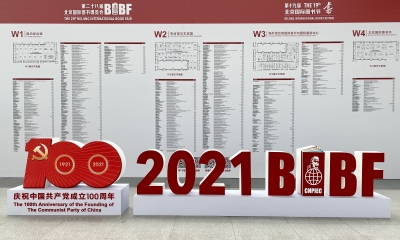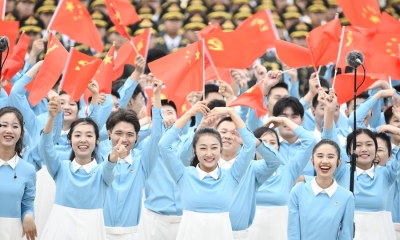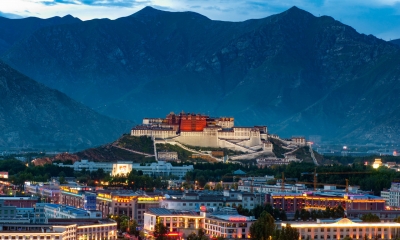China-EU Deal Exposes Western Media Bias
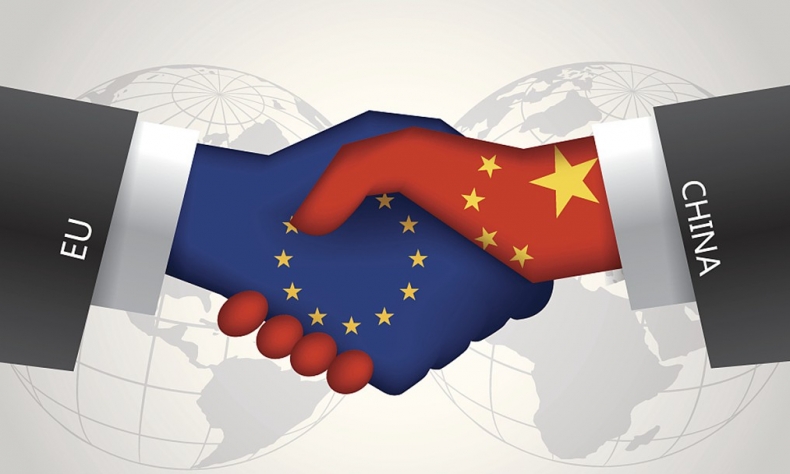
Contrary to the received wisdom of the press, Beijing is not the devil incarnate, and the EU did not sell its soul when it signed the agreement. The investment agreement is far from the zero-sum affair it was described to be. In fact, it offers a number of benefits that extend beyond China and Europe.
When Chinese and European leaders announced the signing of the China-EU investment agreement on the penultimate day of 2020, it sparked a wave of media attention. But, as the saying goes, quality is more important than quantity.
In the West, few analysts bothered to unpack the deal’s key features and even fewer acknowledged their significance. Little interest was shown for the new business opportunities it presented for both sides. And, there was no discussion of what the coming together of two economic powerhouses would mean for the wider global economy.
In fact, business and economic considerations were largely ignored. The deal’s true importance, audiences were told, lay in its political ramifications. Viewed from this particular lens, two dominant narratives emerged. The first presented the deal as nothing more than a zero-sum bout with China emerging as the clear winner. And the second, which partly fed into the first, focused on what the deal would mean for the United States.
Narrative I: zero-sum affair
In the eyes of much of the Western media, the deal was essentially a tale of the strong versus the weak: the conqueror and the conquered. Within this notably overly-simplistic and dishonest narrative, China was cast as the cunning victor, and the EU forced to play the victim.
Bloomberg, Financial Times, The Diplomat, and The Economist labeled the deal a “diplomatic coup”. Beijing most significant victory, as one Diplomat staff writer explained, was that the deal could “pre-empt policy coordination on China between the EU and the United States under the new Biden administration.”
Beijing was accused of using its economic might to strong-arm the EU into submission. The New York Times’ Beijing bureau chief, Steven lee Myers, said the deal demonstrated the leverage Mr. Xi has because of the strength of the Chinese economy.
“China’s vast economic and diplomatic influence, especially at this time of global crisis, means that countries feel they have little choice but to engage with it,” Myers added.
To build-up this epic saga yet further, the EU was unceremoniously portrayed as “weak” and “naïve”. ‘Weak’ because it was said to have completed a deal that ran contrary to its own interests. And ‘naïve’ because it was held that Beijing would almost certainly renege on its commitments.
“It is naïve to believe that China will respect the deal it has signed,” said Financial Times chief foreign affairs commentator, Gideon Rachman. “It is naïve to ignore the geopolitical implications of doing a deal with China right now,” he added.
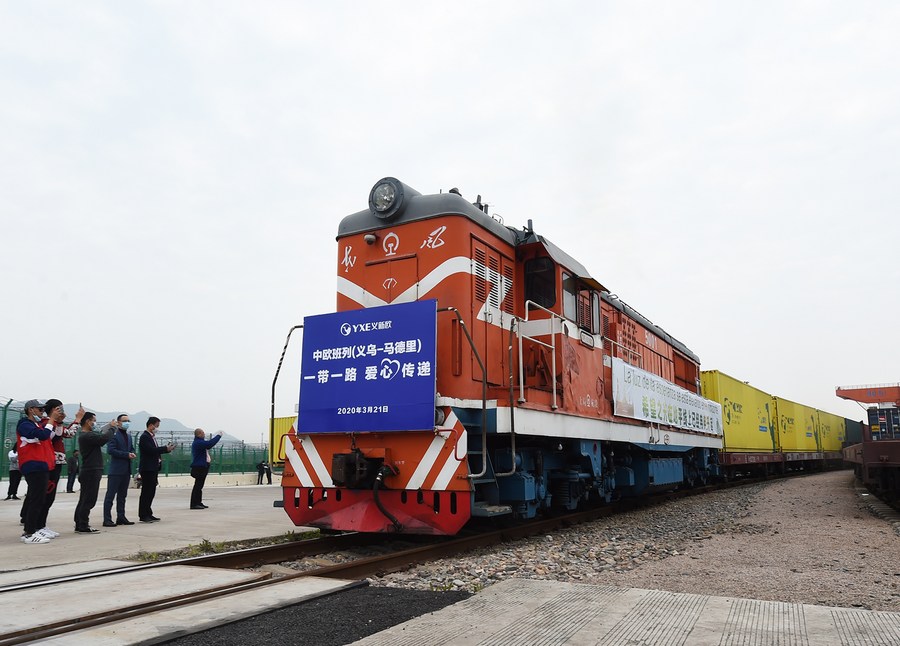
Narrative II: tensions brewing
Another common theme in the West’s coverage was what Washington would make of the deal; and, how it would impact transatlantic relations. Voice of America led this charge, stating in no uncertain terms that the deal “threatens” US-Europe relations. Beijing was accused of intentionally “driving a wedge” between the two allies.
Trump’s deputy national security adviser Matt Pottinger, said that leaders on both sides of the aisle were “perplexed” and “stunned” over the deal. Interestingly, the undiplomatic tirade was passed over without any comment. Almost as if Washington had every right to involve itself in the EU’s affairs.
Much was made over the timing of the deal too. “With Concessions and Deals, China’s Leader Tries to Box Out Biden”, ran one New York Times splash. Another simply asked, “Will the Sudden EU-China Deal Damage Relations with Biden?”. As the latter makes clear, many analysts chose to frame the deal as an opportunistic land grab by Beijing. The very fact that the deal took almost seven years and 35 rounds of talks to complete, was conveniently ignored.
The China-EU deal was also depicted as a source of tension within Europe. The dominant European powers were accused of imposing their will on the blocs less powerful members. Germany shouldered most of the blame.
“Germany’s Drive for EU-China Deal Draws Criticism from Other EU Countries” is just one example of this particular narrative in play. The article went on to claim that Italy, Poland, Belgium, and Spain were “steamrolled” by Merkel and the ‘German engine’ inside the European Commission.
In reality, the deal was supported by the governments of each of the 27 member states – only a slim minority of legislatures were against it. As the South China Morning Post reported on December 29, all 27 member states had already expressed support for the deal. The disproportionate media attention heaped on critics resulted in the deal being untruthfully framed as “controversial” and “contested”.
Setting the record straight
Contrary to the received wisdom of the press, Beijing is not the devil incarnate, and the EU did not sell its soul when it signed the agreement. The investment agreement is far from the zero-sum affair it was described to be. In fact, it offers many benefits that extend far beyond China and Europe.
In economic terms, the deal does not just guarantee a more level playing field for European businesses operating in China. It demonstrates a clear determination on Beijing’s part to open up its economy, provide broader market access, and build a more transparent business environment. Hildegard Müller, President of the German Association of the Auto Industry, believes the deal will have a profoundly positive impact on the global economy. “It will provide new impetus for a global, rules-based framework for trade and investment,” he said.
From a geopolitical perspective, the deal has not weakened Europe either. In fact, quite the opposite. By signing the deal — notably, in the face of considerable external pressure — Europe has shown that it is nobody’s junior partner. The world’s largest trading bloc demonstrated that it has its own unique interests and the strength to pursue them. To quote Dr. Hasim Turker; the EU-China investment agreement has cast Europe as a “Great Power”.
This emergence of a new ‘Great Power’ — particularly one with a record for pragmatism and cooperation – should not be viewed as an unwelcome development. Rather, a distinct ‘third pole’ could result in a more balanced and stable world order.
The article reflects the author’s opinions, and not necessarily the views of China Focus.
 Facebook
Facebook
 Twitter
Twitter
 Linkedin
Linkedin
 Google +
Google +




